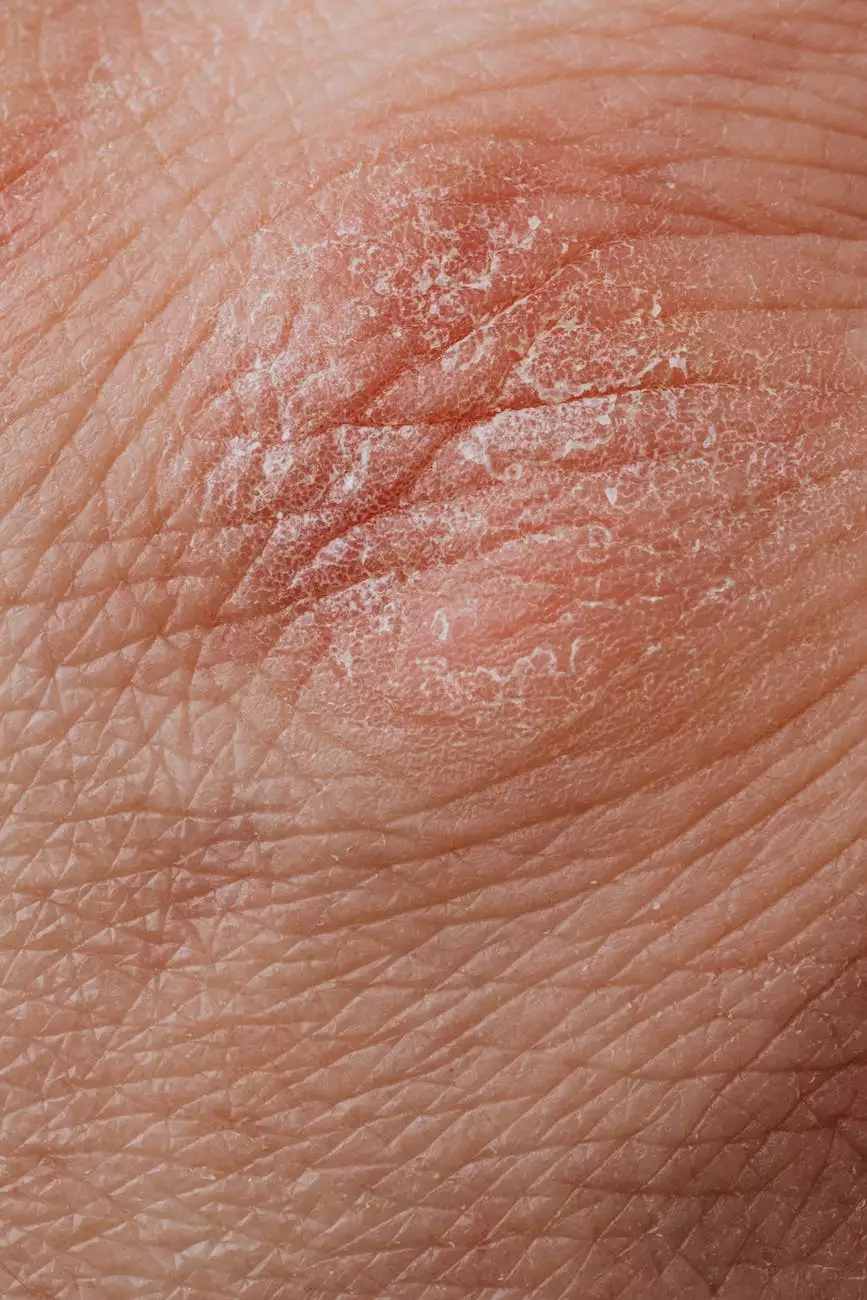Aging Can Be Tough to Swallow - Piedmont HealthCare
Piedmont HealthCare
Introduction
Welcome to Bowling Orthopaedics, your leading experts in providing comprehensive healthcare services in the field of orthopedics. In this article, we will explore the challenges associated with aging and how it can affect swallowing. We understand the impact aging can have on your overall health, and our team at Piedmont HealthCare is here to address any concerns you may have. Let's delve into the complexities of aging and its effects on swallowing.
The Impact of Aging on Swallowing
As we age, our bodies go through numerous changes, including the natural wear and tear of our muscles, bones, and tissues. These changes can introduce new challenges, particularly when it comes to swallowing. Swallowing, also known as deglutition, is a complex process involving the coordination of multiple muscles and nerves. Unfortunately, it is not uncommon for aging individuals to experience difficulties with swallowing, known as dysphagia.
Understanding Dysphagia
Dysphagia is a medical term used to describe the difficulty or discomfort associated with swallowing food, liquids, or saliva. It can significantly impact an individual's quality of life, leading to nutritional deficiencies, weight loss, dehydration, and even respiratory problems if not addressed promptly. Dysphagia often arises due to age-related changes such as reduced muscle strength, decreased saliva production, and impaired nerve function.
Common Causes of Dysphagia in Older Adults
It's important to recognize the potential causes of dysphagia in older adults. These may include:
- Muscle Weakness: With age, the muscles used for swallowing can weaken, leading to reduced control and coordination.
- Loss of Elasticity: The esophagus, the muscular tube that carries food from the throat to the stomach, may lose some of its elasticity, making swallowing more challenging.
- Neurological Conditions: Certain conditions like stroke, Parkinson's disease, or Alzheimer's disease can affect the nerves responsible for swallowing.
- GERD: Gastroesophageal reflux disease (GERD) is a condition where stomach acid flows back into the esophagus, causing irritation and potentially leading to swallowing difficulties.
- Medications: Some medications can have side effects that interfere with the normal swallowing process.
Treatment and Management
At Bowling Orthopaedics, our team of experienced healthcare professionals specializes in providing comprehensive care for individuals coping with swallowing difficulties. We understand the impact that dysphagia can have on your daily life, and our goal is to help you regain control over your swallowing function.
Diagnostic Evaluation
When you visit our clinic for a consultation, our skilled physicians will conduct a thorough evaluation to identify the underlying causes of your dysphagia. This may involve:
- Medical History: Our team will discuss your medical history, including any past injuries or conditions that may contribute to your swallowing difficulties.
- Physical Examination: A comprehensive physical examination will be performed to assess the strength and coordination of the muscles involved in swallowing.
- Imaging Tests: Depending on your specific case, we may recommend imaging tests such as a barium swallow study or an endoscopic evaluation to visualize the swallowing process.
- Collaboration with Specialists: In certain cases, we may collaborate with other specialists to ensure a comprehensive assessment, such as working with gastroenterologists or speech therapists.
Individualized Treatment Plan
Once the underlying causes of your dysphagia are identified, our team will develop an individualized treatment plan tailored to your unique needs. We believe in a multidisciplinary approach to care, combining various interventions such as:
- Swallowing Therapy: Our experienced speech therapists will work with you to improve muscle coordination and strengthen swallowing abilities.
- Dietary Modifications: We may recommend specific dietary modifications, such as softening or pureeing foods, to make swallowing easier and safer.
- Medication Management: If medication side effects contribute to your dysphagia, we will collaborate with your primary care physician to explore alternative options.
- Surgical Interventions: In severe cases, surgical interventions may be necessary to address underlying structural abnormalities or remove obstructions.
- Assistive Devices: Our team can discuss the use of assistive devices such as feeding tubes if necessary.
Contact Us for Expert Care
At Bowling Orthopaedics, we strive to provide our patients with exceptional care and support. If you or a loved one are facing challenges with swallowing, don't hesitate to reach out to our team at Piedmont HealthCare. We are dedicated to helping you regain control over your swallowing function and improving your overall quality of life. Contact us today to schedule a consultation and take the first step towards a healthier, happier tomorrow.










